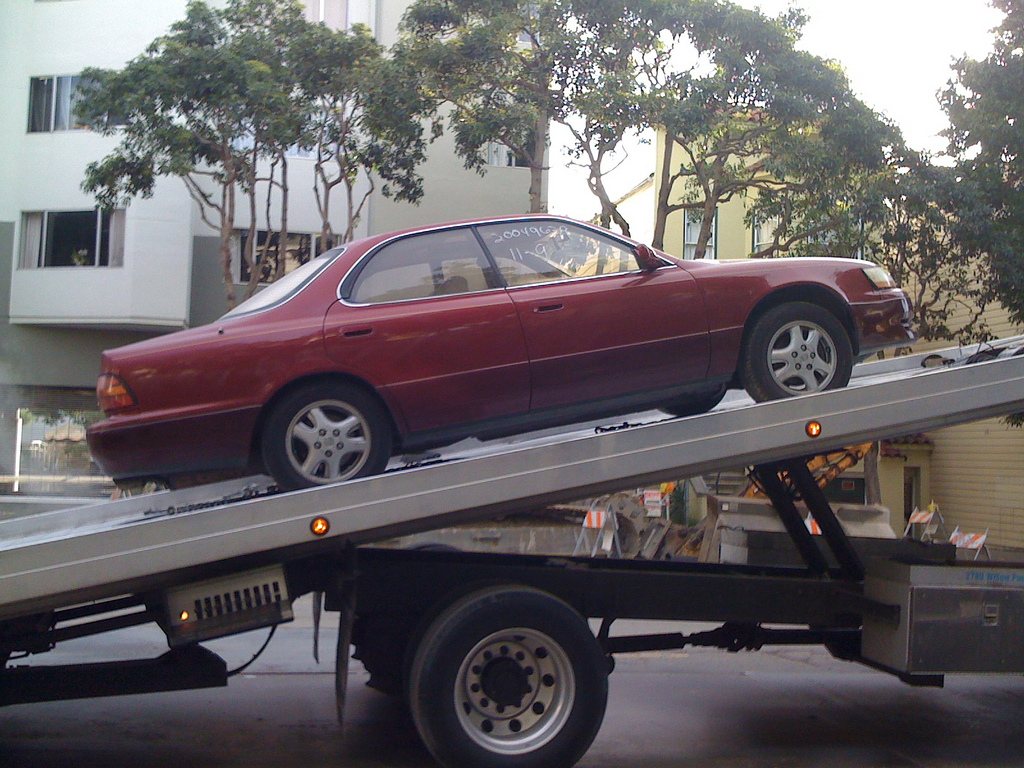
I’ve never donated a car to charity before. But I’m spending a lot of time learning about how these programs work! I have a client, Rodman for Kids, that has an excellent program here in my home state of Massachusetts. But I’ve only come to admire their program after understanding how these programs work and what to beware of.
Here are seven things you should know about car donation programs.
1. Understand How the Program Works
When you give a car to a charity, they hand it over to a middleman who sells the car. Your car could be bought and used again—if it’s in good shape. Most likely it will be used for parts or scrap metal.
2. Research to Find the Right Program
Not all car donation programs are created equal. With some programs, the charity gets 100 percent of the money from the sale. Other programs may give a fixed amount (say $100), 90 percent of the sale, 50 percent or even just 10 percent. You should know how much the charity receives!
3. Beware of Car Donation Programs that Advertise A Lot
It’s expensive to advertise in the newspaper or on radio or television. Car donation programs that do are showing their hand on just how much money they keep after selling a car. While I don’t begrudge anyone from making a profit for providing a service, you should know much that is before you hand over your car.
4. Be Willing to Do a Little Work
When you have an old car that you’re finally ready to get rid, you just want it gone! You want to look out your window and see a tow trucking towing it away. But keep this in mind: nonprofits don’t own tow trucks so they’ll need to hire one to pick up your car. Tow trucks aren’t cheap, and this will only reduce the donation. Offer to drive the car to the nonprofit or to the designated drop-off location.
5. Make Sure You Get a Receipt from the Nonprofit
The IRS is cracking down on taxpayers that are using blue book values to take higher deductions on their taxes. You can only deduct what the car was sold for, which the nonprofit should state in a letter to you after the car is sold at auction. If your car is worth more than $500, you must complete section A of the IRS Form 8283 and attach it to your taxes.
If the car you donated was worth over $5,000, an independent appraisal needs to accompany Form 8283 if you plan to take the full deduction on your taxes.
6. You’ll Need the Title to the Car
You’ll need two things to turn your car over to a nonprofit: the keys and the title. Most people have the former, but latter leads to a lot of scratching heads. “Title? What’s that? Is that something I should have?” If you own the car, you should have a title for it. The title proves that the car is yours and you have the right to sell or give the car to someone else. If you don’t have a title, start by calling the Registry of Motor Vehicles in your state to ask about getting a replacement.
7. You Can Donate Other Things Besides Your Car
Most charities accept boats, buses, motorcycles, RVs and trailers. On April 1st you can even donate your kids!
Donating your car to charity is a great way to give back without writing a check. Just be sure to take the time and do it right and you’ll turn your old junker into gold for some lucky nonprofit!